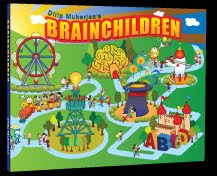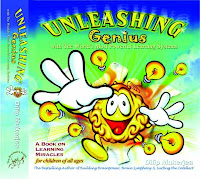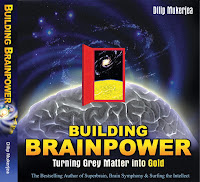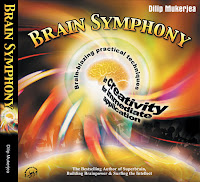What follows is certainly an interesting fact, which I had found on the net, in continuation of my earlier blogpost, 'Can Asians Create?'.
"The invention of zero has had a tremendous impact on the history of mankind because it made the development of higher mathematics possible.
Right from the beginning of the civilization man has tried many different methods to write the numbers.
For this purpose, Greeks used letters of their alphabet and Egyptians appropriate pictures.
Romans used a complicated system. They used X to represent 10; 'C' to mark 100 and M for 1000. For one they used I, for 5 - 'V', for 50 - 'L,' for 500 - 'D'. They represented 4 by 'IV'. If they had to write 1648, they wrote 'M13CXLVIll'. This was indeed a complicated method.
However, long before the birth of Christ, the Hindus in India had invented a far better number system but without zero at that time.
Later zero was invented. It was brought to Europe about the year 900 A.D. by the Arab traders and is called the Hindu-Arabic system.
In this system, all numbers are written within the nine digits 1, 2, 3, 4, 5, 6, 7, 8, 9 and the zero '0' (sunya). Here each figure has a value according to the place in which it is written.
The Romans didn't have a zero in their system.
Zero has some peculiar properties.
When it is added to or subtracted from any number, the result remains the same. When any number is multiplied by zero it becomes zero. It is the only number which can be divided by another number but it cannot divide any other number.
The expression 0/0 is neither meaningless nor meaningful. In fact, it is indeterminate. Zero is similar to all other natural numbers.
The invention of zero became the turning point in the development of culture and civilization - without which the progress of modern science, industry and commerce was inconceivable."
Just out of curiosity: Is there anybody who wants to dispute this interesting fact?
Nonetheless, the following quote from Albert Einstein said it all:
"We owe a lot to the Indians, who taught us how to count, without which no worthwhile scientific discovery could have been made."
[Source: www.4to40.com/science;]
Subscribe to:
Post Comments (Atom)
















No comments:
Post a Comment